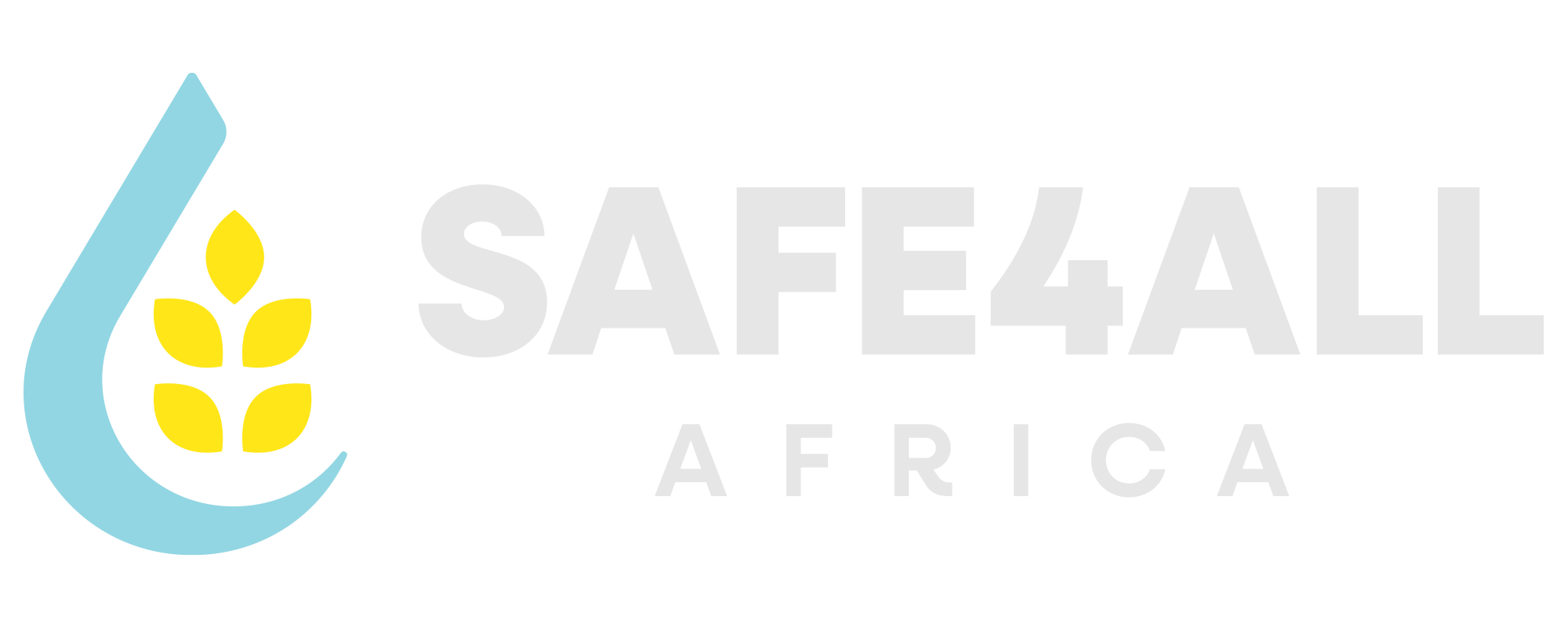SAFE4ALL Needs Assessment Workshop and Survey in Zimbabwe
January 21, 2025
From December 9 to 12, 2024, the SAFE4ALL team, led by Dr. Frank Ohene Annor, visited Zimbabwe to understand better the local climate information challenges and the needs of communities. This initiative included highly interactive needs assessment workshops and surveys aimed at gathering insights through active stakeholder engagement. The findings will help shape the approach to enhancing climate resilience in the region.
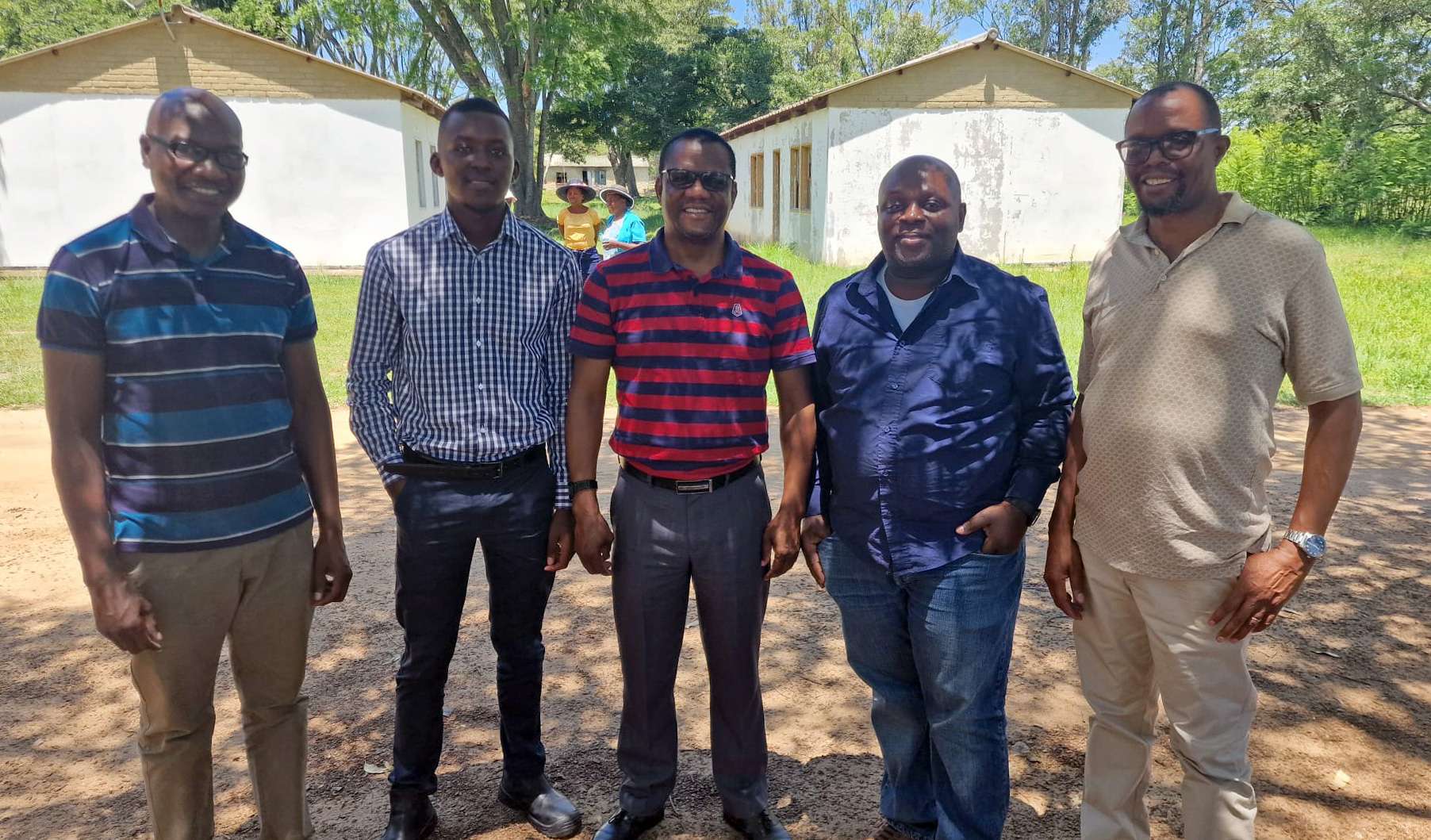
Meeting with the Zimbabwe Farmers Union (ZFU)
Last month, the project team held a meeting at the Zimbabwe Farmers Union (ZFU) offices in Harare. Led by Dr. Prince Kuipa, Operations Director at ZFU, the discussions focused on the project’s objectives and ZFU’s role in facilitating farmer engagement. The team emphasized the importance of collaboration in aligning the project’s goals with the needs of local farmers, reinforcing the foundation for a successful partnership aimed at enhancing climate resilience in the region.
Engagement with the Meteorological Services Department (MSD)
In the same month, the team visited the Zimbabwe Meteorological Services Department (MSD) headquarters. This meeting was pivotal in highlighting the crucial role of MSD in the SAFE4ALL program. The discussions encompassed various topics, including the logistics of shipping and installing weather stations across selected wards in Zimbabwe.
MSD representatives expressed their commitment to sharing their expertise regarding suitable locations for the installations, ensuring that the weather stations would effectively serve the farmers. Additionally, the MSD team highlighted their needs in terms of weather technology, providing valuable insights for the SAFE4ALL team to incorporate into their planning. The meeting concluded with a strong commitment from all stakeholders to roll out the weather stations by early January 2025, with the first phase targeting 15 selected wards in Marondera.
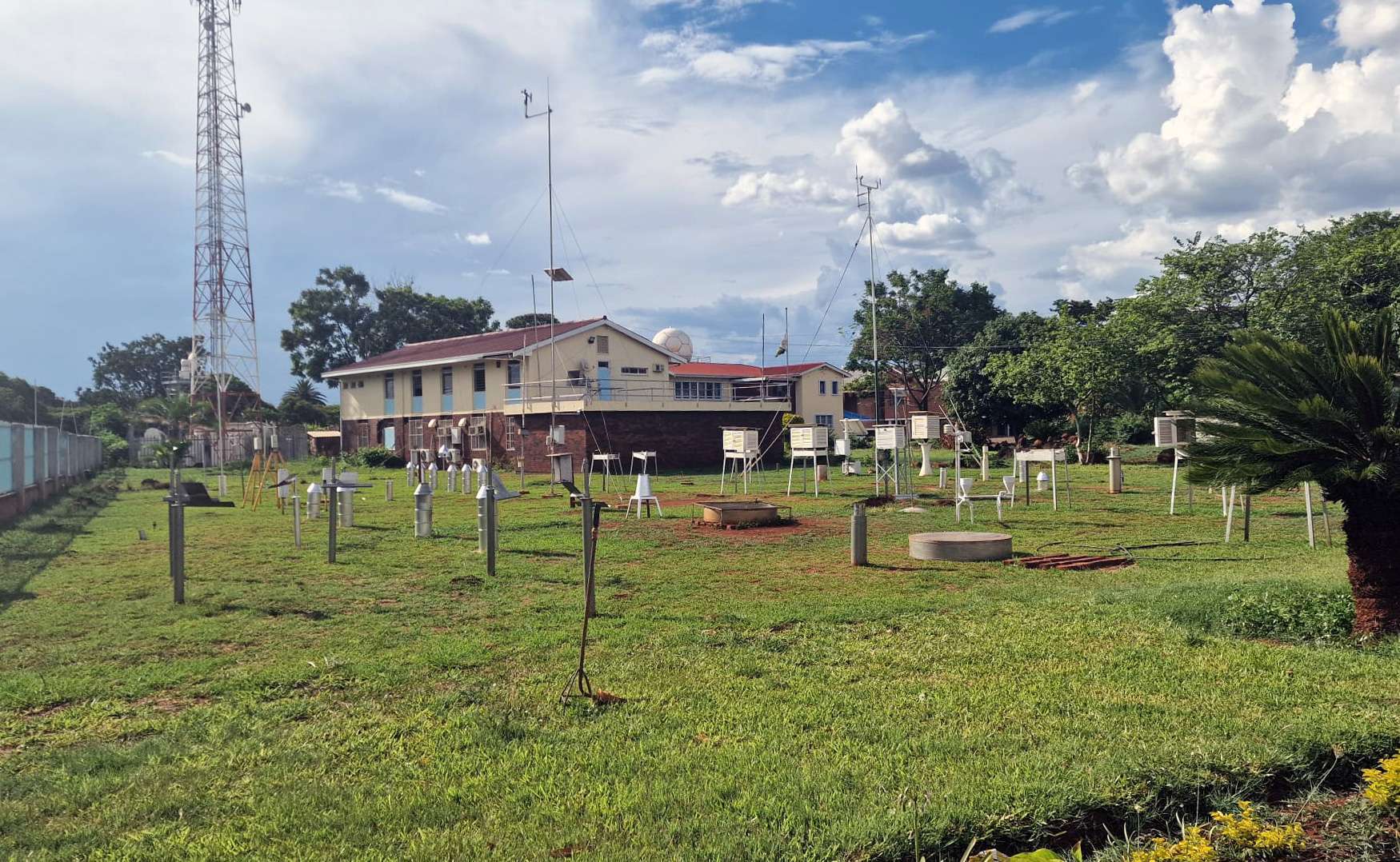
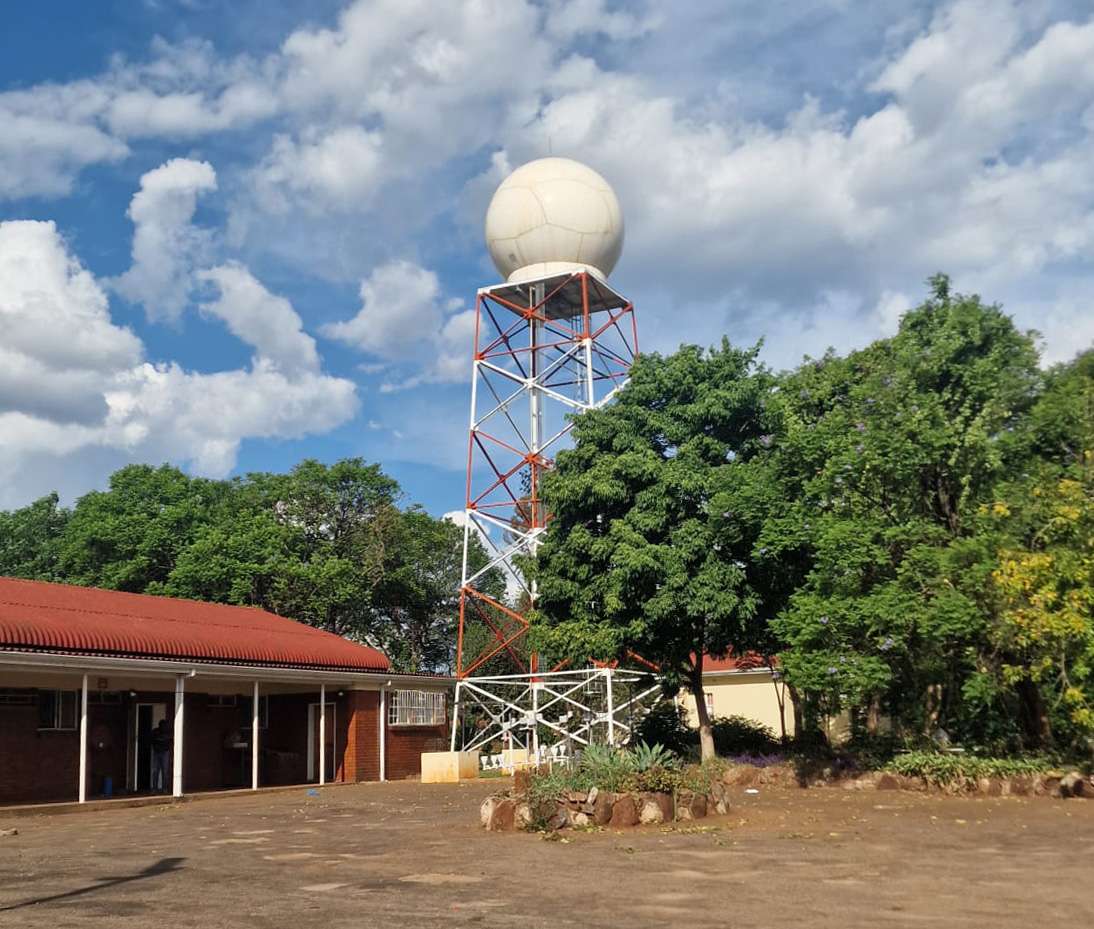
Smallholder Farmer Needs Assessment Workshop in Marondera
On December 10, the SAFE4ALL team conducted a needs assessment workshop at the Marondera Grasslands Research Station. The event brought together local farmer leaders, ZFU representatives, members of the Ministry of Lands, Agriculture, Fisheries, Water, and Rural Development, as well as the local meteorological service team.
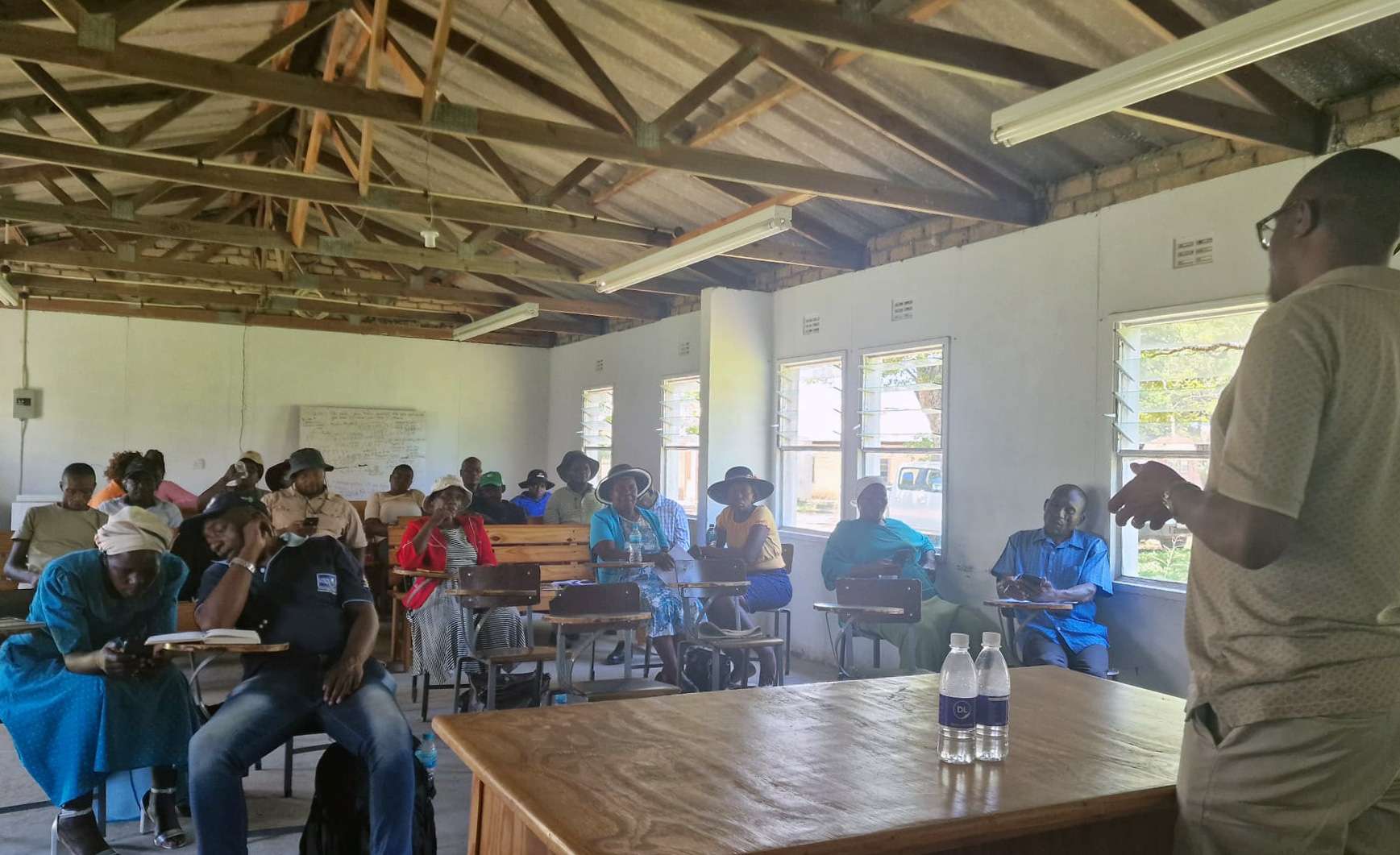
The workshop aimed to communicate the project’s goals and identify the specific needs of farmers regarding climate information services. Interactive discussions enabled farmers to express their challenges and expectations, ensuring that the project would be tailored to address their unique circumstances. A questionnaire was distributed to collect detailed information about the farmers’ needs and conditions.
Diverse Workshop Audience on December 11
On December 11, 2024, another SAFE4ALL Needs Assessment Workshop took place at the Hope Fay Hotel in Marondera. It featured a more diverse audience, including lecturers from the local university, representatives from Zimbabwe Farmer’s Union, Meteorological Services Department of Zimbabwe, Climate Adaptation Services, Resilient Cities Network, TAHMO, and the facilitating team from Delft University of Technology.
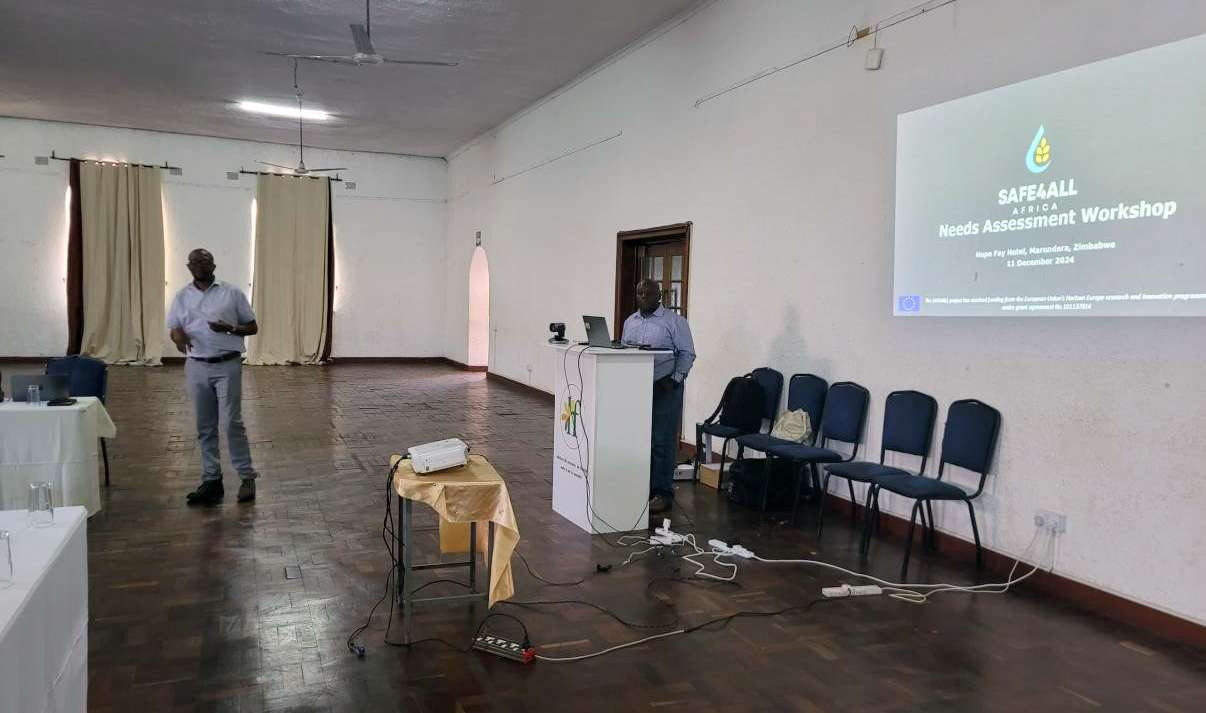
The workshop was highly interactive, encouraging active participation and collaboration among attendees throughout the sessions. It began with an overview of the project’s objectives, setting the context for subsequent discussions. Participants engaged in conversations about the current tools, models, and data available for climate information. A critical evaluation followed, assessing gaps in forecasts, tools, data, services, and policies to identify unmet needs. The workshop also included a training needs assessment to determine the necessary skills for effectively utilizing climate information. Participants collaboratively explored the Living Lab concept, which involves real-world experimentation, and engaged in policy mapping to understand how policies can bolster climate resilience. The workshop concluded with a summary of key insights and findings, encapsulating the day’s discussions and emphasizing the importance of collaborative efforts in enhancing climate information services.

In the afternoon, a survey exercise was conducted at the Marondera Grasslands Research Station, specifically targeting agricultural extension workers from various wards in the district. The purpose of this meeting was to administer the needs assessment questionnaire to the extension workers. They also committed to distributing the questionnaire within their local communities, thereby increasing participation and ensuring comprehensive data collection on the needs of local farmers.

The needs assessment workshops and surveys in Zimbabwe marked a significant step in our commitment to fostering climate resilience. The feedback gathered will guide the next steps of the SAFE4ALL project, enabling us to develop localized climate services that address community needs, enhance collaboration with local organizations and stakeholders, and provide training and resources to empower communities in adapting to climate change.

Climate Adaptation Services (Netherlands)
is a leader in bridging the gap between climate science and practical solutions for a resilient future. With a focus on collaboration and innovation, CAS transforms complex climate data into accessible tools that empower decision-makers. By connecting scientists, governments, and practitioners, CAS builds the knowledge infrastructure needed to address the challenges of climate change. As a key partner in the SAFE4ALL project, CAS develops climate atlases, data-driven storytelling, and hands-on learning programs to enhance resilience at local and global levels. Their work supports communities and organizations in integrating climate adaptation into daily practices, driving sustainable impact worldwide.
